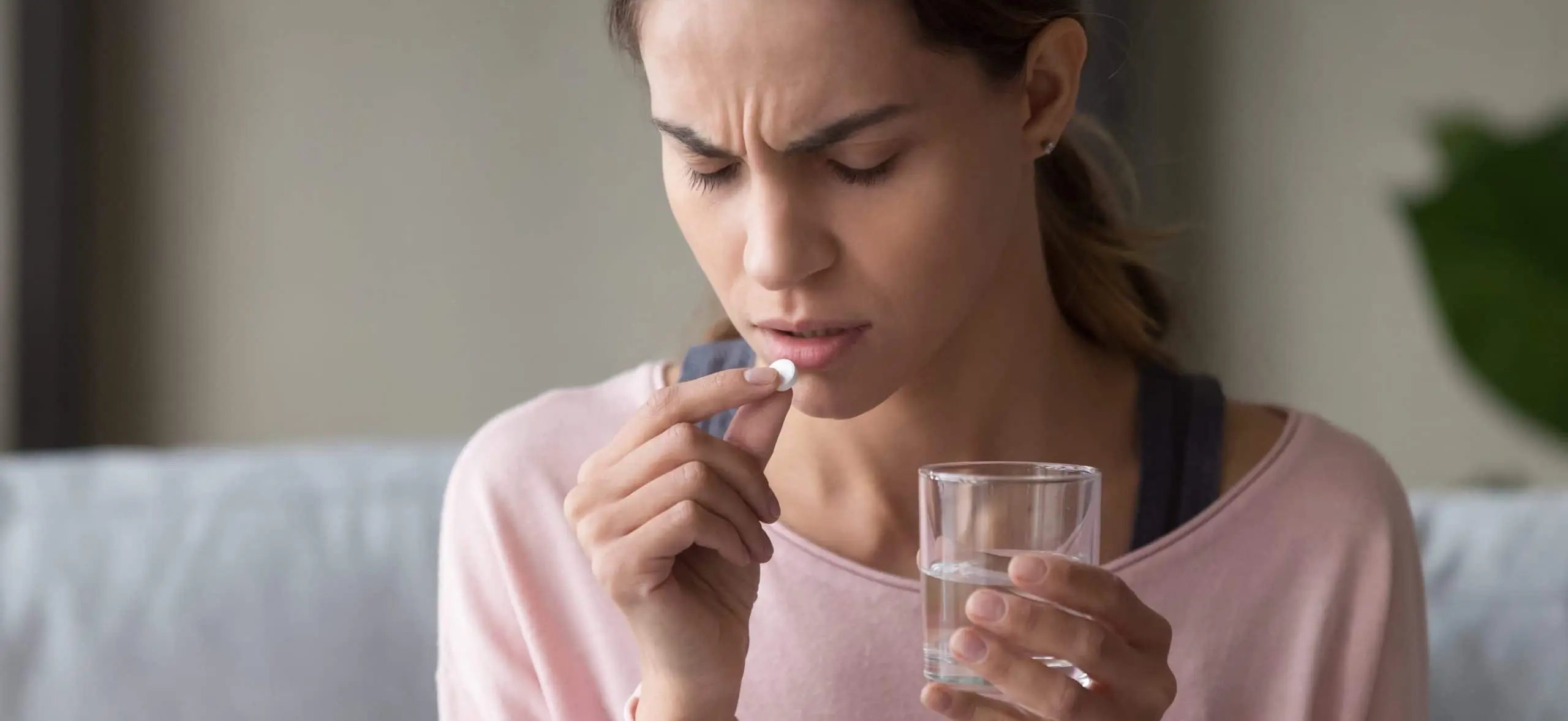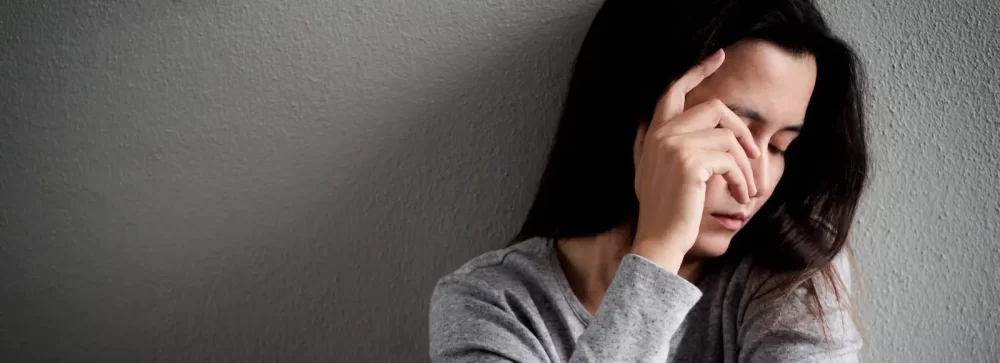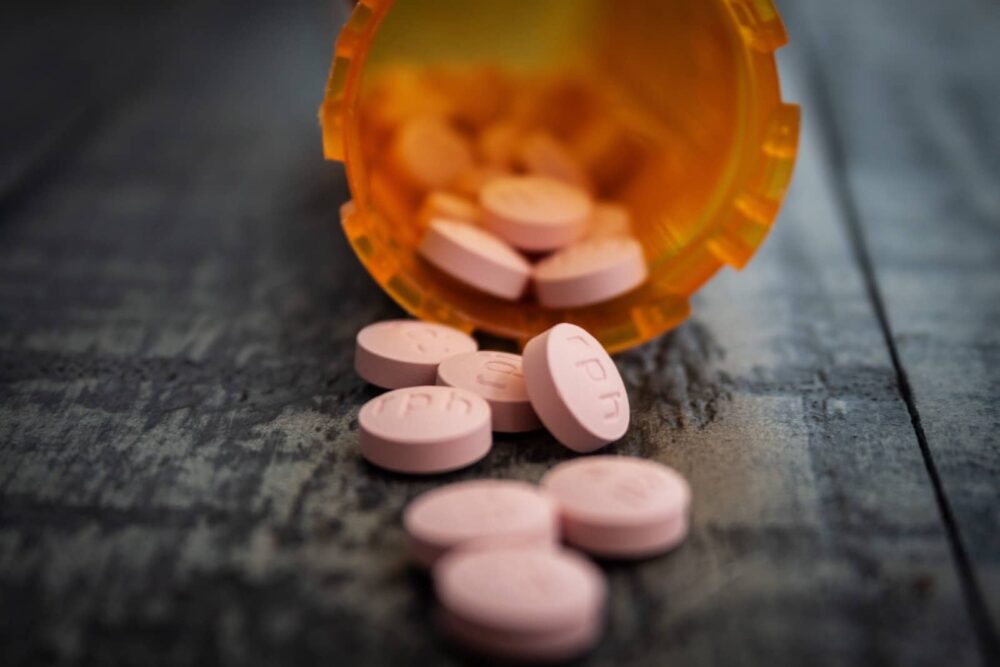Table of Contents
Losing weight can be difficult to overcome, especially if an underlying medical condition creates more resistance to losing weight. Therefore, it’s no surprise that many people turn to weight loss pills to lose excess weight, especially since “slim pills” offer a quick fix to weight loss struggles. However, because diet pills carry many health risks for the user, the person taking them may develop a more severe health condition in the long run. This can even end up hampering future attempts at trying to lose weight.
Because of this, many people taking diet pills can form an addiction, needing more weight loss supplementation to feel that they are still effectively burning fat. Furthermore, since diet pills often give the user more energy, people that take these pills may need to continue to take these pills to feel “functional.” Otherwise, upon stopping the pills, the user may feel a sudden “crash” of energy and want to return to the diet pills to give them the energy they need.
However, one of the most disturbing things about these “slim pills” is that people who struggle with eating disorders or body dysmorphia can feel drawn to the promises these pills offer. Not realizing that the diet pills can’t fix how they feel about their body, they often end up abusing the pills, even taking several different diet pills to ensure they lose enough weight to feel happier with their body. This can worsen their eating disorder and cause a serious addiction that will need medical help to ensure a successful recovery.
To prevent this from happening, it is, therefore, essential that one learns about slim pills and how their promises are short-lived, if “lived” at all. Then, if one is struggling with diet pill abuse, they learn how to find help so they can recover and live a life detached and happy apart from needing diet pills.
What are “Slim Pills,” and How Do They Work?
Slim pills, also known as diet pills, encompass different prescription and over-the-counter supplements to help one control or reduce weight. To help someone lose weight, a diet pill works to interfere with normal body processes and instead turn off or reduce hunger cues, suppress one’s appetite, increase one’s metabolism, or prevent fat absorption in the body. This may sound promising to someone who wants to lose weight, but one needs to beware of any products that promise a quick and easy approach to weight loss. Because the FDA doesn’t regulate over-the-counter supplements, they can do more damage than good to one’s bodily systems.
Furthermore, it is proven that diet pills are not all that effective at weight loss, at least not in the long run. The truth is that by interfering with one’s body’s normal metabolic processes, one is setting themselves up for future problems with their body’s metabolism. This could mean it gets harder to lose weight in the future—the complete opposite intention of taking diet pills in the first place.
Slim Pills Abuse and Side Effects
Every diet pill carries with it serious side effects for the user. Most of these side effects far outweigh any potential short-term weight loss the user may experience. The word: “short-term” is the key. Typically, weight loss is experienced as a result of the interference with one’s bodily processes but ends up costing the user way more in the end.
Some side effects of taking diet pills include:
- Insomnia
- Dizziness
- Hallucinations
- Chest pain
- Vomiting
- Rash and itching
- Yellowing of skin or eyes
- Swelling of legs and ankles
- Dark urine or light-colored stool
- Nausea
- Constipation
- Headaches
- Fatigue
- Increased blood pressure and heart rate
- Restlessness
- Anxiety
- Tingling skin
Despite this list of dangers that can happen when taking diet pills, many people become addicted to taking these pills. Most commonly, people who suffer from an eating disorder or other underlying disorders can become dependent on taking these pills. The Diagnostic and Statistical Manual of Mental Disorders lists signs of addiction to help recognize if a problem has taken root in one’s life. If taking diet pills interferes with one’s health, relationships, or personal life or has developed into an addiction to taking other substances to lose weight, it is time to seek help.
How to Get Help for an Addiction to Slim Pills
Unfortunately, many people who have an addiction to diet pills don’t seek help. This may be because the weight loss industry has marketed these drugs to allure the user as beneficial for weight loss (especially in a culture that values “thinness”), therefore, making the user think it is “no big deal” to take these drugs. Or, there could be shame around taking the pills or having an eating disorder that’s controlling their life. Whatever the case, an addiction to diet pills is serious and needs to be addressed before it causes additional damage to the user. To do this, it would be beneficial to reach out to an inpatient/intensive outpatient care center that can help one safely recover from the effects of their addiction.
Furthermore, because addiction to diet pills often signifies an underlying medical condition, particularly an eating disorder, one must also receive help from a rehab that can address the underlying issue. Eating disorders can turn into seeking other drugs that can have a similar weight loss effect. To avoid this from happening, therefore, one needs to seek help immediately before other serious drugs come into play.
Seeking help is not a sign of weakness but a sign of strength, and it change the course of your life for the better. You no longer need to live in the grips of addiction. You can live a life of happiness apart from feeling the pull to lose weight or reach to supplements to help you achieve that. If you want drugs or alcohol to cope with an eating disorder or help lose extra weight, it is time to seek help. Reach out to get started on the path of fulfillment today. At our detox center in Austin, TX, we help individuals who have abused diet pills get their lives back on track through our highly rated addiction treatment services.
Sources:
Infinite Recovery has strict sourcing guidelines and relies on peer-reviewed studies, academic research institutions, and medical associations for our references. We avoid using tertiary references as our sources. You can learn more about how we source our references by reading our editorial guidelines and medical review policy.
- Carter A. Do Diet Pills Work? Healthline. Published February 18, 2020. Accessed June 25, 2022. https://www.healthline.com/health/healthy-eating/diet-pills
- Anderson LA. Side Effects of Weight Loss Drugs (Diet Pills). Drugs.com. Published June 22, 2021. Accessed June 25, 2022. https://www.drugs.com/article/side-effects-weight-loss-drugs.html
- Hartney E. The Symptoms Used to Diagnose Substance Use Disorders. Verywell Mind. Published March 21, 2020. Accessed June 25, 2022. https://www.verywellmind.com/dsm-5-criteria-for-substance-use-disorders-21926
















